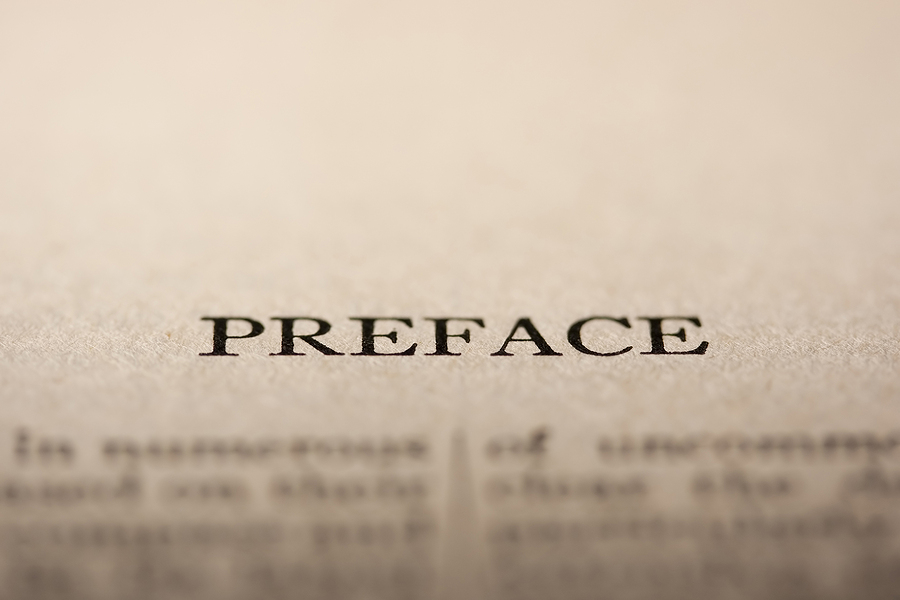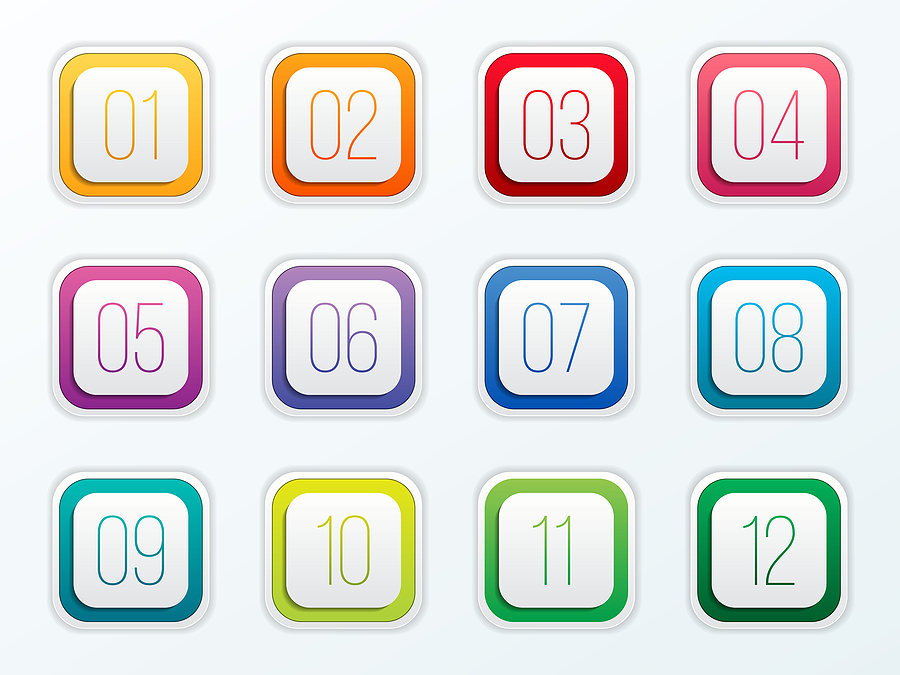If you’ve been writing (or hanging around with writers) for a while, you’ve probably seen or heard the abbreviation POV. It’s short for “point of view.” And WIP (“work in progress”), MC (“main character”), and perhaps even NaNoWriMo (“National Novel Writing Month,” which rolls around every November).
But those, like many terms we writers use and abuse, have been around for a while. They’re kinda old. Hackneyed, even (like the word hackneyed). Wouldn’t it be good to have some new phrases or acronyms that make us feel like the cool kids for once? (I can dream, can’t I?)
So, in the interest of literary advancement, I asked some of my writer friends (yes, I have friends) for some suggestions. And they obliged, drawing from their notations in reviewing their own writing and critiquing or editing the writing of others. Feel free to adopt any you like and send all royalties to me. (Note: Acronyms that don’t mention a contributor are from me.)
ATNW (“All Talk, No Writing”) (Lori Stanley Roeleveld)
BIS (“Booty in Seat”) (Rebekah Millet)
CTF (“Cut the Fluff”) (Lori Stanley Roeleveld)
CTTC (“Cut to the Chase”)
DRT (“Doesn’t Ring True”)
GWS (“Goes Without Saying”—i.e., the author is telling the reader something painfully obvious) (Cindy Sproles)
MM (“Mirror Moment,” the midpoint scene of a novel when a character must look within and confront the need for change) (Texie Susan Gregory)
MOO (“My Own Opinion”) (Cindy Sproles)
No BH (“No Bouncing Heads,” referring to head-hopping in POV) (Jessica Brodie)
NBI (“Not Buying It,” i.e., you ruined my WSoD; see below)
PP (“Plot Point,” as in PP1, PP2, etc.) (Texie Susan Gregory)
PTA (“Passive to Active”) (Lori Hatcher)
RUE (“Resist the Urge to Explain”) (Cindy Sproles)
SDT (“Show, Don’t Tell”)
SSOTHO (“Self-sabotage of the Highest Order”) (Lori Stanley Roeleveld)
TIGCYE (“This is Gonna Cost You Extra”) (Lori Hatcher)
TMITLE (“Too Many Ideas, Too Little Execution”) (Lori Stanley Roeleveld)
TYGA (“There You Go Again,” a polite but passive/aggressive way to note an error the writer continues to make despite you having noted it a thousand times) (Lori Hatcher)
VOMIT DRAFT. It’s best if you don’t abbreviate this one. (Rebekah Millet)
WFOW (“Writing from Open Wounds”) (Lori Stanley Roeleveld)
WFSBOP (“Words from the Soul, Blood on the Page”) (Lori Stanley Roeleveld)
WSoD (“Willing Suspension of Disbelief”) (Tom Williams)
ZZZ (“This is boring!”)
What about you? What are some terms or abbreviations you’ve found helpful in your writing (or critiquing and editing) life? Do tell.







